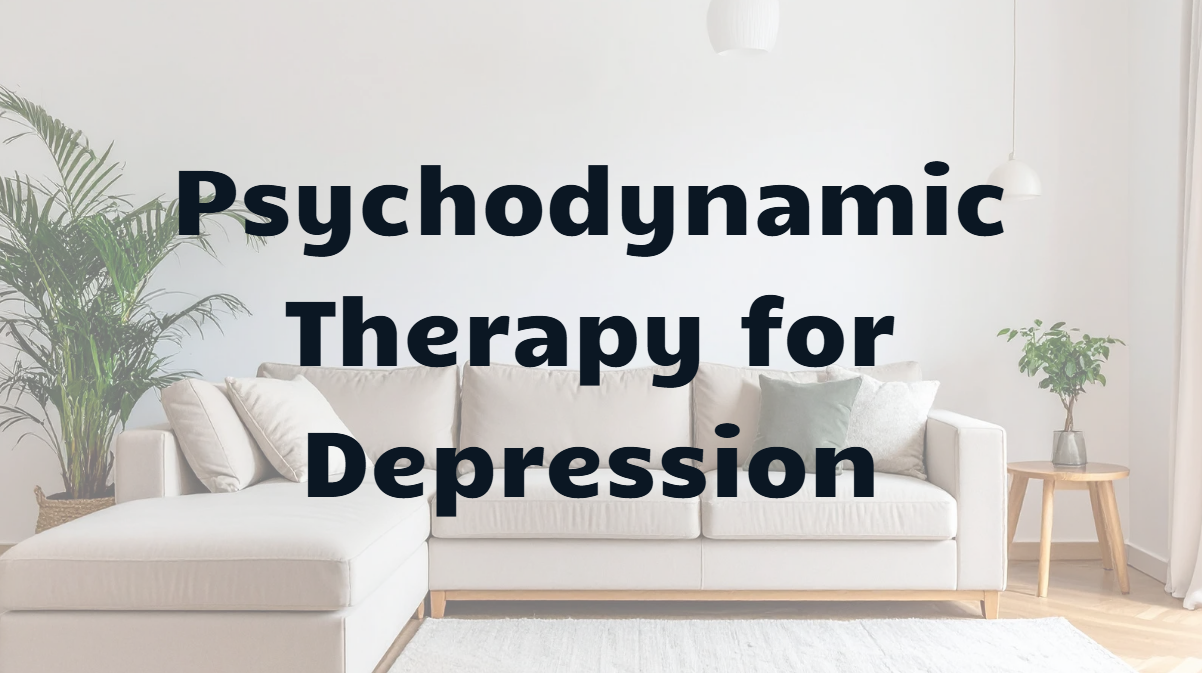It starts with a cough, a headache, or maybe a strange skin rash. Out of curiosity or concern, you reach for your phone, type your symptoms into Google, and within seconds you’re buried under a mountain of search results. Maybe it says it’s a common cold, or maybe it leads you to the possibility of something life-threatening. Either way, your heart rate rises and anxiety kicks in. Sound familiar?
You’re not alone. A growing number of people are self diagnosing their symptoms online rather than turning to a professional.. According to surveys, over 70% of adults admit to Googling their symptoms before consulting a healthcare professional. It’s fast, free, and always available. But while the convenience is appealing, the risks are often overlooked.
In this blog, we’ll uncover the hidden dangers of self-diagnosing online, why it can do more harm than good, and how you can use online resources responsibly without compromising your health.
Why Self Diagnosing Online Feels So Convenient

The internet has changed how we live—and how we handle our health. With answers only a few clicks away, it’s easy to rely on search engines instead of medical experts. Here’s why it’s so tempting:
- Instant gratification: You get answers in seconds.
- Avoiding inconvenience: No need to wait days for a doctor’s appointment.
- Fear or embarrassment: Some people prefer not to discuss symptoms face-to-face.
- Feeling in control: Researching feels proactive, even empowering.
- Influencer culture: Health advice on TikTok, Instagram, or YouTube feels personal and relatable.
While these factors make online searching attractive, they also create a false sense of security. What feels like control can actually lead to confusion, stress, or even danger.
The Hidden Risks You’re Not Thinking About

We often turn to the internet for quick health answers, but what’s rarely discussed are the hidden dangers behind this habit. While self-diagnosing may feel helpful, it can lead to confusion, anxiety, and even harm. Here are the often-overlooked risks that come with relying too much on online health searches.
1. Misdiagnosis and Missed Diagnosis
Symptoms like fatigue or chest pain are linked to many conditions, from mild to severe. A Google search may suggest heartburn when it could be a heart attack. Online tools can’t examine you or evaluate nuanced symptoms the way a doctor can.
2. Unnecessary Panic and Health Anxiety
Cyberchondria is real. A simple rash or headache may seem life-threatening online. This creates fear, sleepless nights, and even psychosomatic symptoms. It becomes a loop: worry, search, panic, repeat.
3. Delaying Proper Medical Care
Self-diagnosing can give false reassurance. You might ignore something serious or take incorrect steps. That delay can make treatment more difficult and outcomes worse.
4. Misinformation and Unsafe Advice
Not all websites are trustworthy. Forums, social media, or unreviewed blogs may offer advice based on anecdotes, not science. Some suggest unsafe remedies that may cause harm.
5. Overlooking Underlying Conditions
You might treat surface symptoms but miss the root cause. A cough may not just be a cold—it could be asthma or something chronic.
6. Wasting Time and Money
Buying supplements or tools based on a self-diagnosis can waste resources and delay actual help.
7. Influence of Non-Experts
Online influencers often lack medical training. Their advice, while relatable, may not apply to your specific case.
8. Confirmation Bias
You may unconsciously search for info that confirms what you already believe, ignoring critical symptoms or details.
9. Creating Unnecessary Fear in Others
Sharing self-diagnosed conditions online can mislead or frighten others—especially when it’s inaccurate.
10. Disrupting the Doctor-Patient Relationship
Going into an appointment convinced you already know what’s wrong can make it harder to listen to your provider, affecting the quality of care you receive.
Why Online Information Can’t Replace a Real Diagnosis

You might think: “I know my body. I just need a little help figuring things out.” That’s fair—but here’s the issue. Online tools provide general information, not personalized medical care.
Doctors take into account your full health history, medications, family background, lifestyle, and lab results. They ask the right questions and examine things you may not have considered important.
A search engine can’t:
- Detect subtle signs through physical examination
- Interpret medical tests
- Understand your personal risk factors
- Consider multiple symptoms in context
At best, online tools can offer a vague direction. At worst, they give you false hope or unnecessary fear.
How to Use Online Health Information Safely
This isn’t about avoiding online resources entirely—it’s about using them wisely. Here’s how to stay informed without risking your well-being:
- Stick to reputable sites: Use sources like Mayo Clinic, CDC, WHO, or WebMD with medical review boards.
- Verify professional credibility: Make sure the website is affiliated with licensed healthcare providers, medical institutions, or editorial boards with clinical expertise.
- Use symptom checkers with caution: Treat results as informational, not diagnostic.
- Look for red flags: Be wary of websites pushing products, miracle cures, or fear-based messaging.
- Avoid self-prescribing: Never start medication or supplements without medical approval.
What You Should Do Instead
Instead of relying on the internet to diagnose yourself, go to the real source: your healthcare provider. Medical professionals are trained to evaluate your symptoms in context, factoring in your medical history, current conditions, and unique body signals—something no website can fully do. If your symptoms are unusual, persistent, or getting worse, don’t wait or guess. Timely, accurate care is critical to your long-term health.
While waiting for your appointment or monitoring your health, you can still take proactive steps:
- See a doctor: If symptoms persist, worsen, or worry you, don’t guess—get checked. A professional evaluation is always the safest route.
- Track your symptoms: Keep notes on when symptoms started, how they feel, how long they last, and what seems to trigger or relieve them. This helps your doctor assess the situation more accurately and identify patterns.
- Ask questions: Bring your online research to your appointment. A good doctor will appreciate your involvement and clarify what’s accurate, what’s not, and how it applies to you specifically.
- Use telehealth: Virtual appointments are a reliable alternative for non-urgent concerns. They offer fast, professional advice and can often guide your next steps without needing to leave home.
The bottom line: Online research should support—not replace—qualified medical care. Your health is too important to leave to algorithms.
When to See a Professional
It’s not always easy to know when to seek professional care, but certain symptoms should never be ignored. Consult a healthcare provider if you experience:
- Persistent or worsening pain
- Unexplained weight loss or fatigue
- High fever or prolonged illness
- Breathing difficulties or chest pain
- Sudden changes in vision, speech, or movement
- Symptoms that interfere with daily life
When in doubt, it’s always safer to get checked. Listening to your body and seeking help early can prevent small issues from becoming serious problems.
Supportive Ways to Help Someone Get Professional Care

Bringing up health concerns with someone you care about can feel uncomfortable, but your support can be the first step toward healing. When approached with patience, empathy, and the right words, you can guide them toward the care they truly need—without judgment or pressure.
- Start with Observation, Not Accusation: Mention specific changes you’ve noticed—like sleep issues, mood swings, or withdrawal—without labeling or diagnosing them, which keeps the conversation supportive rather than confrontational.
- Use Your Relationship as a Bridge: Frame your concern around how much you care and want the best for them; people are more open to help when they feel loved, not scrutinized.
- Normalize Getting Help: Remind them that seeing a doctor or mental health professional is no different than going to a mechanic when your car needs attention—it’s responsible, not shameful.
- Offer to Go With Them: Whether it’s helping book the appointment, driving them, or sitting in the waiting room, your presence can ease anxiety and show that they’re not alone in this process.
- Share a Positive Example: If you or someone you both know has benefited from professional care, share that story—it helps break stigma and makes the idea of seeking help more relatable.
- Give Them Time and Space: They may not respond immediately, and that’s okay; plant the seed gently and be available to revisit the conversation when they’re ready.
Your Health Deserves More Than a Guess
Turning to the internet for quick answers about your health is common, but it can lead to more harm than good. What seems like harmless research can quickly spiral into confusion, anxiety, or even dangerous misdiagnosis. The truth is, not everything online is accurate—or meant for your unique situation.
If you have not yet found a reliable professional to check the symptoms you notice in yourself or your loved one, count on Stay Healthy! LLC to guide you with compassion and clinical expertise. We are licensed healthcare professionals committed to providing safe, evidence-based care tailored to your needs. And if you want immediate access to your provider with less waiting and more time for meaningful conversations, you can enroll in our Direct Primary Care Membership—a simple, monthly plan that prioritizes your care without the red tape. You can contact us today to further discuss your concerns and get the support you deserve.











